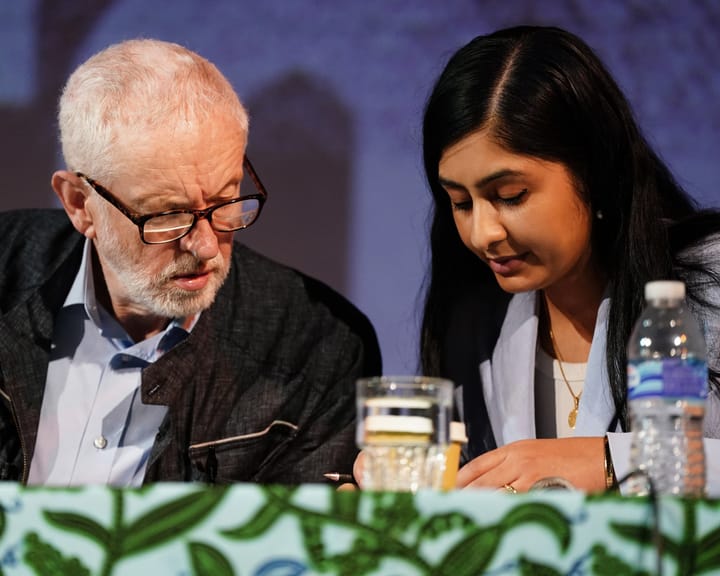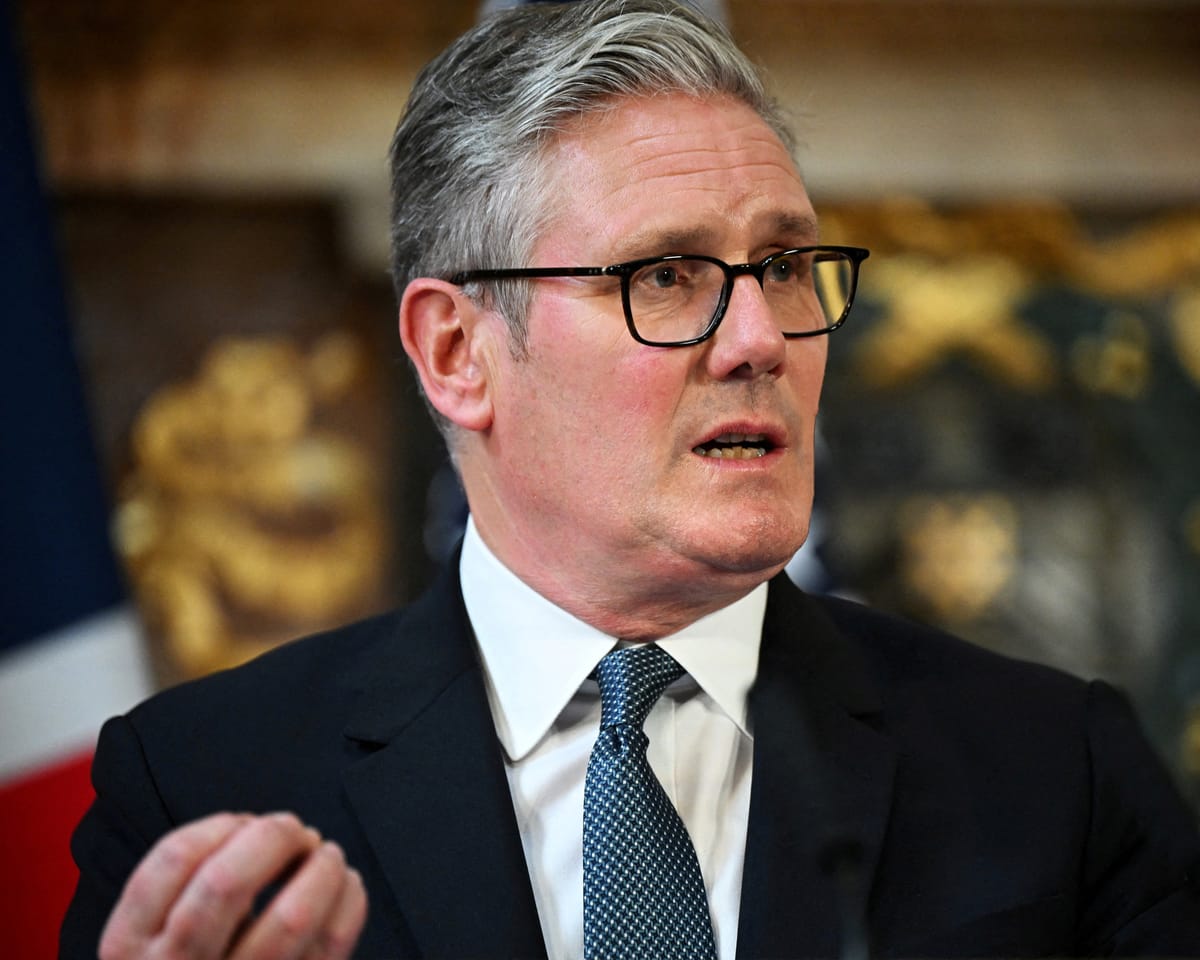Digital ID Proposal Sparks Debate in the UK
Keir Starmer has described digital ID cards as a significant opportunity for the UK, even as the government prepares for pushback over concerns about civil liberties.
On Friday, the prime minister will detail the measures at a conference focusing on how progressive leaders can address key national issues, including public concerns about immigration.
The proposed “Brit card” would require new legislation and has already drawn criticism from groups worried about privacy risks. Responding to these concerns, Culture Secretary Lisa Nandy emphasized that the government has “no intention of pursuing a dystopian mess.”
Starmer stated: “I understand the worries people have about illegal migration. A secure border and controlled migration are reasonable expectations, and this government is taking action.”
“Digital ID presents a major opportunity for the UK. It will make it harder to work here illegally and strengthen border security. It also offers practical benefits, like faster access to essential services without needing outdated documents.”
In an article for the Telegraph, the prime minister noted that his party had previously avoided confronting immigration concerns but now considers it necessary to address all aspects of illegal migration. He argued that while immigration is a serious issue, the approach taken by Reform UK is “toxic.”
Critics, however, remain opposed to the idea. Silkie Carlo of Big Brother Watch warned that digital IDs could turn the UK into an “unBritish checkpoint society,” raising risks of mass surveillance and data vulnerability.
“Digital IDs won’t stop small boats but will erode freedoms, creating a system that could expand into benefits, healthcare, and even online data,” Carlo said. “Sensitive personal information would be stored by the state and at risk of cyberattacks. Many will refuse to comply, and the financial cost could be enormous—along with the threat to liberty.”
Reform UK dismissed the plan as a “cynical ploy” to appease voters, while Conservative leader Kemi Badenoch called it a “gimmick” that won’t solve migration challenges.
Earlier this year, reports indicated that Downing Street was considering digital ID proposals.
Read next

"Widow to forfeit half of pension scam compensation to taxes"
The relatives of a man who lost his retirement savings after becoming entangled in the Norton Motorcycles pension scheme fraud are set to forfeit nearly half of their compensation due to an obscure tax regulation.
After a prolonged effort to secure payment from the Fraud Compensation Fund (FCF), Robert Dewar’

"Has Kemi Badenoch Ended One Nation Conservatism?"
In one interpretation of the Conservative Party's electoral successes, its last three victorious leaders—John Major, David Cameron, and Boris Johnson—each entered Downing Street promoting unity and broad-based principles.
However, this year's gathering of Conservative members has been defined by tougher language on asylum policies

Zarah Sultana and Corbyn reconcile, poised to co-lead new party
Zarah Sultana and Jeremy Corbyn Reconcile Ahead of New Political Group Launch
Zarah Sultana has stated that she and Jeremy Corbyn have resolved tensions in their joint leadership of a new political initiative, comparing their dynamic to that of the Gallagher brothers from Oasis.
Speaking alongside Corbyn at the *World

